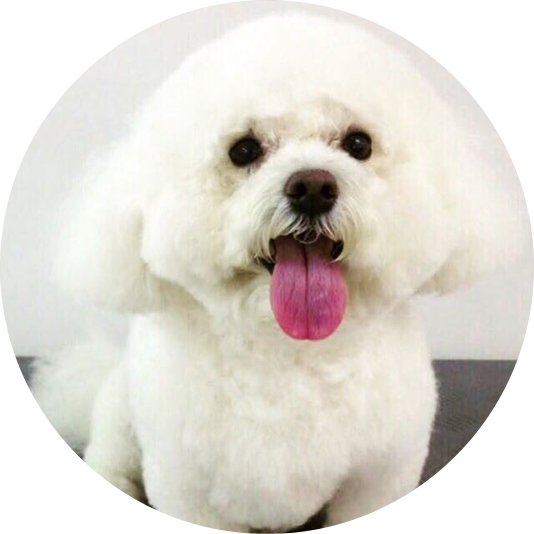Why doesn't my dog want to eat? - What should I do?
Dogs
A dog's loss of appetite can be the first warning sign of an illness and a situation where the dog refuses to eat should never be underestimated. Of course, there can be many reasons for our four-legged friend's loss of appetite, and not all of them are associated with serious health problems. However, if your dog does not have an appetite, be sure to take a closer look at your pet to determine the cause and take appropriate action.
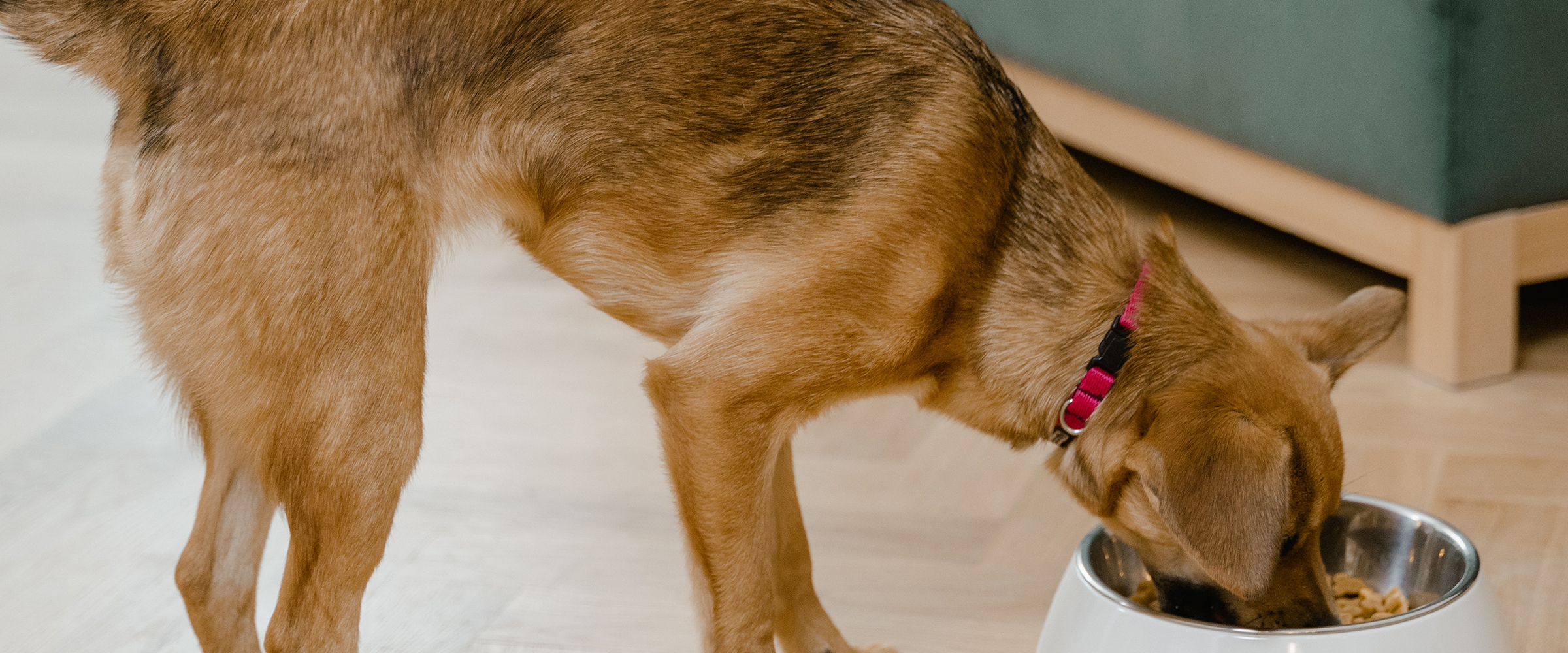
Why doesn't my dog want to eat?
In dogs, the causes of lack of appetite are usually divided into three groups. The first group is primary eating disorders. Primary anorexia is any change in a dog's body that directly affects and inhibits the body's appetite. These are most often neurological diseases, loss of smell or severe stress. Secondary anorexia is all those cases where another factor inhibits the action of the hunger centre.
The secondary causes of loss of appetite include, but are not limited to, food poisoning, diseases of internal organs, pain, and even weather factors. There are also the alleged causes of lack of appetite, i.e. those caused by any obstacles that prevent the dog from eating. The group of alleged causes of loss of appetite include problems with the teeth, gums, respiratory diseases, irritation of the throat and oesophagus.
My dog has no appetite - root causes
Your dog's lack of appetite may be the result of a variety of neurological disorders that affect your pet. Hypothalamus diseases, intracranial pain or increased intracranial pressure can effectively inhibit the hunger centre, so the dog will not be interested in food.
The pet's appetite is also influenced by various psychogenic disorders. A highly stressed dog may not be hungry as stressors can inhibit the hunger centre. Most often, stress-induced loss of appetite occurs when the dog loses its guardian or companion, there have been significant changes in the dog's place of residence, i.e. a new pet, child or house has undergone a major renovation. Moving to another place of residence can also be an extremely stressful experience for your pet, which can lead to a loss of appetite.
Fear can also affect the work of the hunger centre. A scared dog usually does not feel hungry. Loss of smell is usually the most common cause of decreased appetite in older dogs. Dogs have a very sensitive sense of smell and it is the appetizing smell of the food that stimulates the dog's hunger centre to work. A worse sense of smell or its complete loss may mean that the dog will no longer be eager to approach the bowl, which does not smell as good and intensely to him as before.
My dog refuses to eat - secondary causes:
Too hot?
If your dog refuses to eat during the summer, perhaps the high ambient temperatures are causing the dog to drink more water, filling its stomach. When your dog has no appetite on a hot day, you don't have to worry immediately and look for the cause of the disease. On hot days, you can try feeding the food in the evening, when it has cooled down a bit. If your dog's diet consists mainly of wet food or fresh meals that you prepare yourself, remember that this type of food deteriorates much faster at high temperatures than dry food. Do not leave a bowl of wet food for more than 30 minutes out of the refrigerator. If the dog does not eat the meal, keep the bowl in a cool place and try to serve the meal after a while.
Did something hurt the dog?
Your dog just had surgery or an operation under anaesthesia? In this case, loss of appetite is completely normal and you don't need to worry. Usually, the day after waking up from general anaesthesia, the pet's appetite returns to normal.
One of the common secondary causes of eating disorders is pain. If your pet is in severe pain that doesn't have to be in the digestive tract, they may not be interested in their meal. Of course, if your dog experiences pain, you will usually notice other changes in its behaviour - the pet may whine, squeal, be reluctant to get up from its bed, be depressed.
Or is it a type of poisoning?
Loss of appetite can accompany many diseases of the internal organs, and in particular, it can occur with inflammatory lesions. Lack of appetite can be one of the symptoms of chronic pancreatitis, idiopathic enteritis, and even cancers developing in your dog's body. Any infectious disease that develops a dog with a fever can also cause loss of appetite.
Lack of appetite will accompany any food poisoning. When a harmful or poisonous ingredient is eaten, dogs most often experience vomiting, diarrhoea, weakness and lethargy.
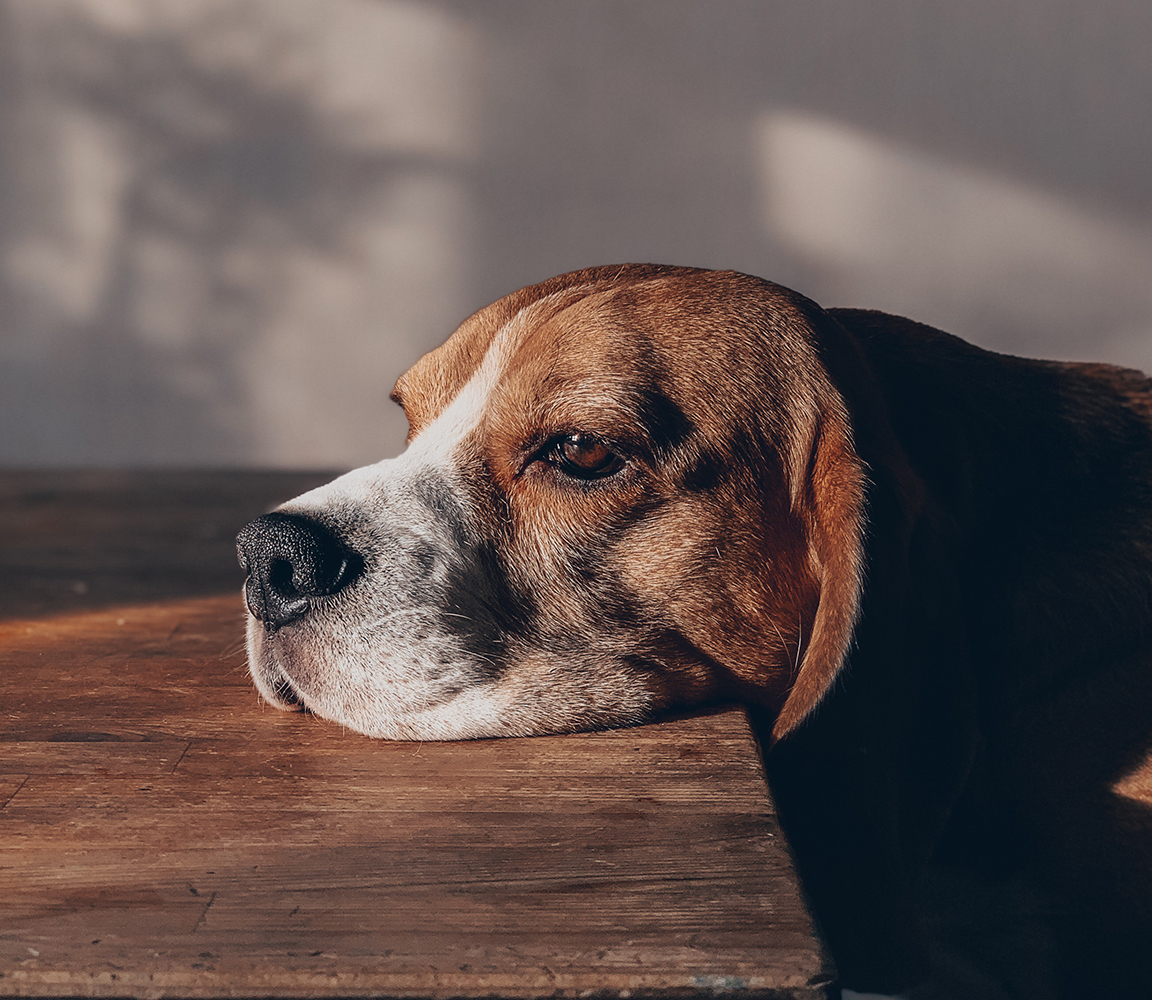
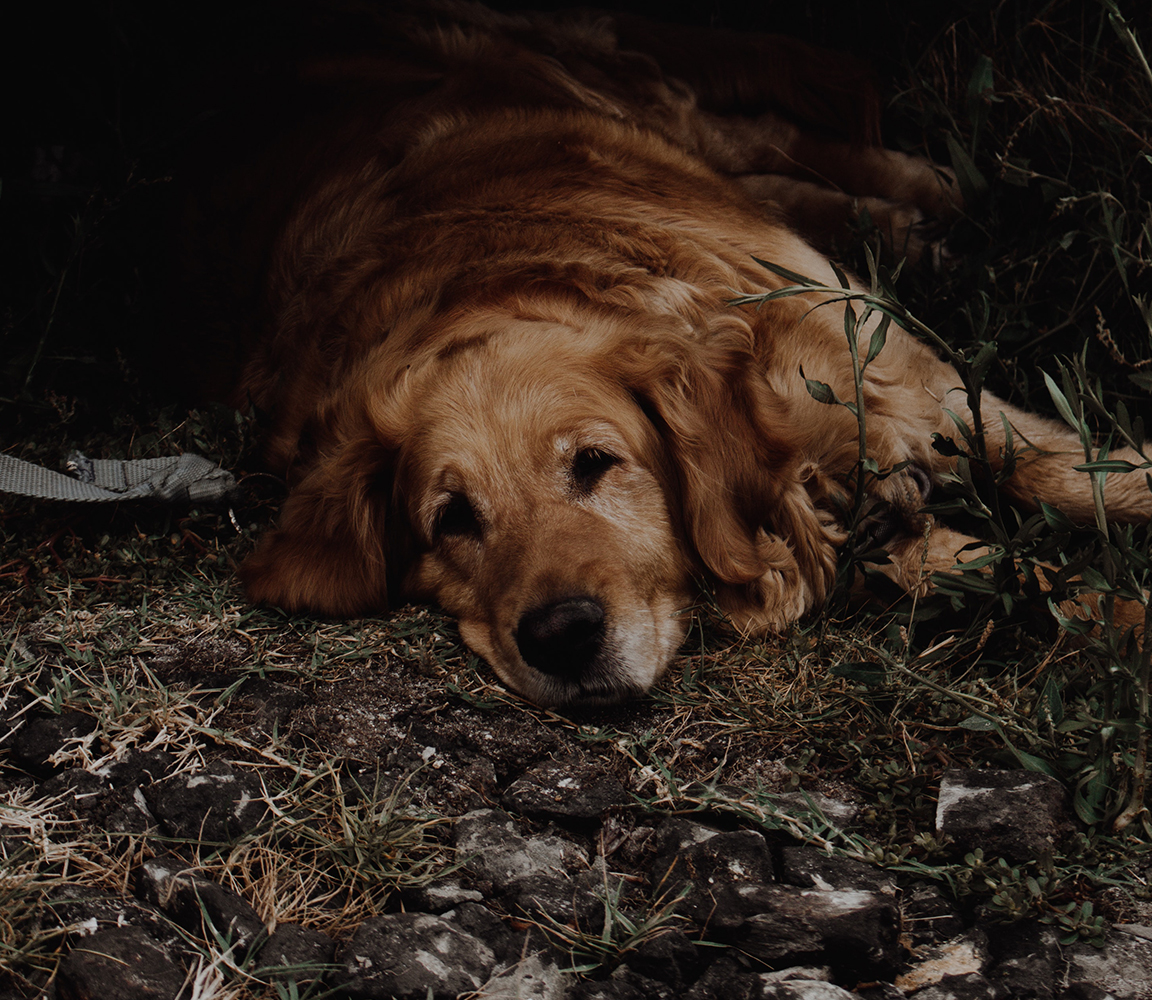
The dog refuses to eat - alleged reasons
Any disturbances in the oral cavity can greatly affect the amount of food consumed by your pet. Although the dog usually has an appetite, some factor is making it difficult for it to eat. If you find your pet enthusiastically approaching the bowl, sniffing the food, trying to eat it, but quickly leaving the bowl with food still in it, it may be that your dog is experiencing tooth or gum aches that prevent them from eating the food. The most common causes of this behaviour may be tartar and periodontitis, a broken tooth, pharyngitis or esophagitis.
Any inflammatory lesions in the mouth, erosions or foreign bodies can also reduce your dog's appetite. Problems with chewing and swallowing food may also appear in the case of paralysis of the sublingual nerve. Loss of vision can also affect the loss of appetite. While blindness by itself does not affect the appetite, it can make it much more difficult for a dog to find a bowl of food, and the dog may consume less food per day than before.
Or maybe you fed your dog too much food?
My dog has no appetite - when should I worry?
If your dog is skipping food for a day, that's nothing to worry about. In nature, wild dogs can store food supplies and not eat even for the next few days, so a one-day fast in a dog is not strange or disturbing. However, if the puppy refuses to eat, this is a bigger problem. Puppies grow very quickly and need a diet rich in essential nutrients for proper development and growth. Puppies that do not eat can become dehydrated much faster than adult dogs, so if a puppy does not want to eat, it is best to take your pet to the vet immediately. A puppy's lack of appetite can be caused by stress, a change in environment, worming or pain caused by falling teeth. Be sure to check with your vet if you notice.
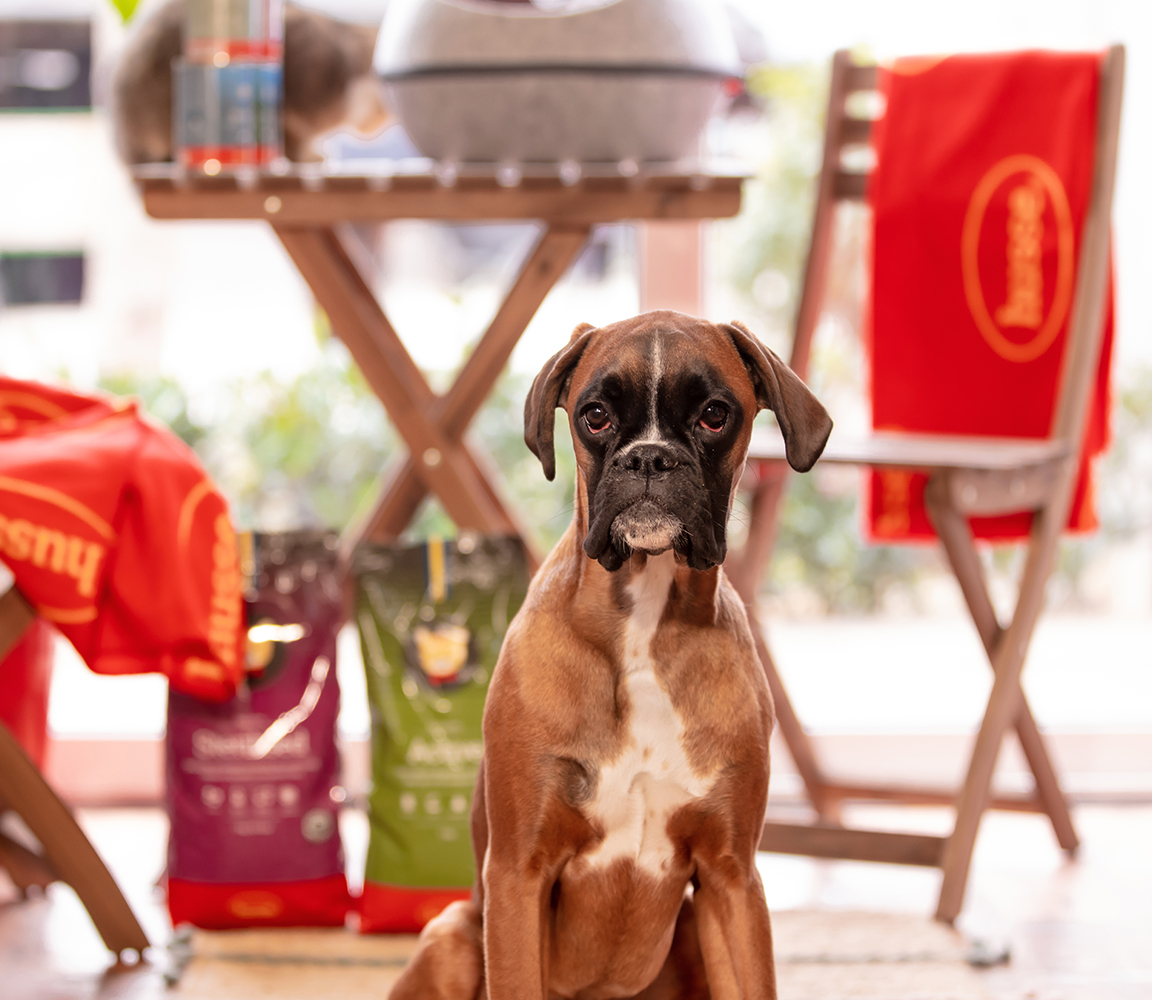
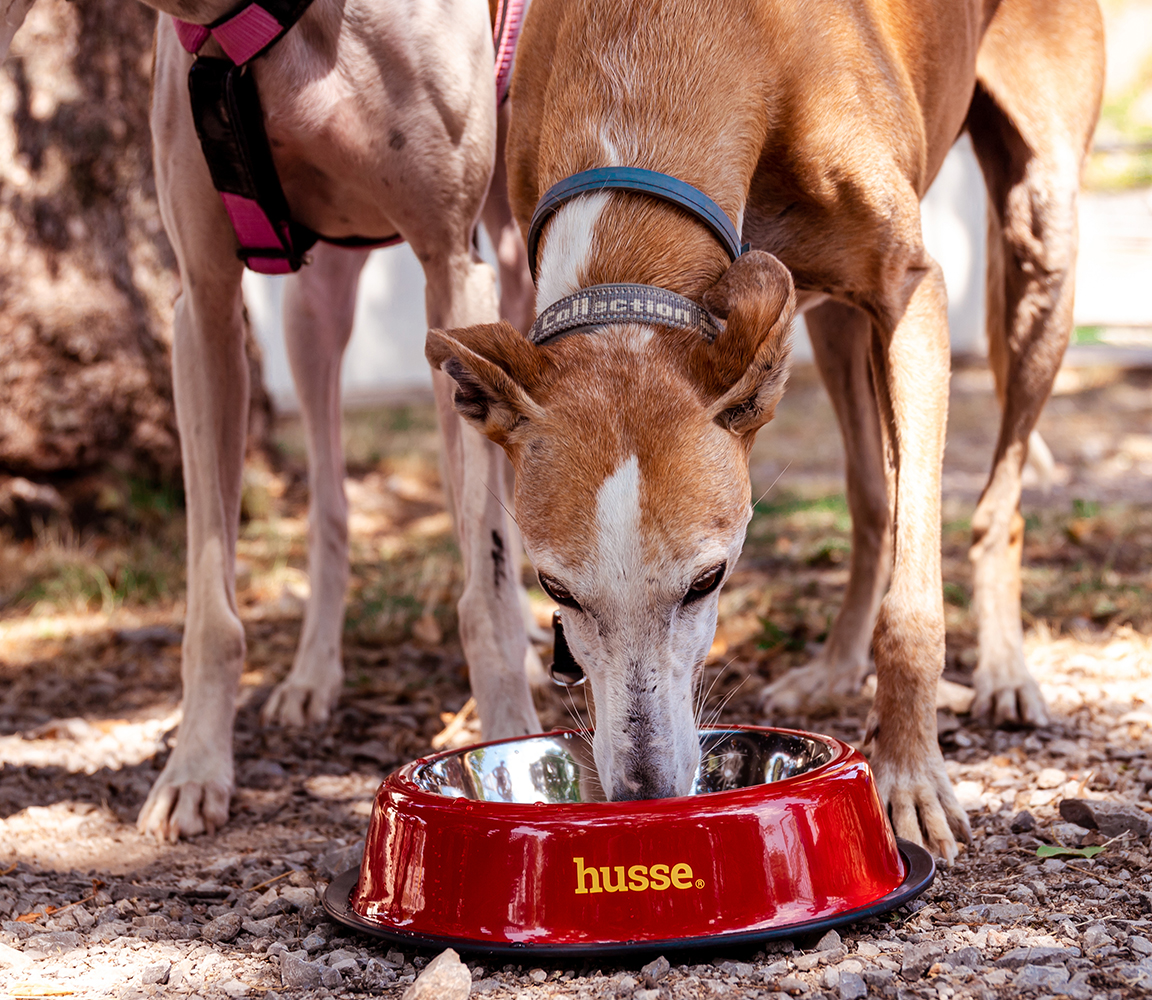
Dog refuses to eat - the best way to deal with it
A variety of factors can lead to a loss of appetite in dogs. However, if after visiting the vet you know that the decline in appetite is not related to any disease, there are several different ways you can try to encourage your pet to eat.
It's best to start by gradually changing your dog's food. Perhaps your dog is already bored of the food they have been fed so far. Dogs, like humans, need variety in their diets and can get fed up with food with the same taste and texture, especially if they have been eating it for years. You can start by adding a small amount of different food to your dog's existing food and gradually increase the amount of the new food in the meal.
Perhaps your dog has no appetite because it is feeling stressed. If your pet's bowl is in an exposed area where it is impossible for your pet to eat a meal, it may eventually stop eating altogether. Place your dog's bowl in a quiet and peaceful place where the dog can eat its meal without any obstacles. Do not place the bowl in a hallway or passage from one room to another. If you are repositioning the bowl of food, move the bowl of water as well.
Physical activity can also improve your pet's appetite. Dogs tend to have a greater appetite after exercise, so introducing additional physical activity can help improve your pet's appetite. Remember to adjust your physical activity to the age and condition of your pet and always use safe dog toys.
Try to introduce some routine and feed your pet at regular times. If you work at different times and you can't be at home always at your pet's mealtime, a dog bowl will give your dog the right amount of food at a specific time.
Also, make sure your pet's meals are diversified. Varied texture and texture of the meal, new ingredients and aromas in the diet, or even delicious snacks for your dog between meals - all of this can improve your pet's appetite.













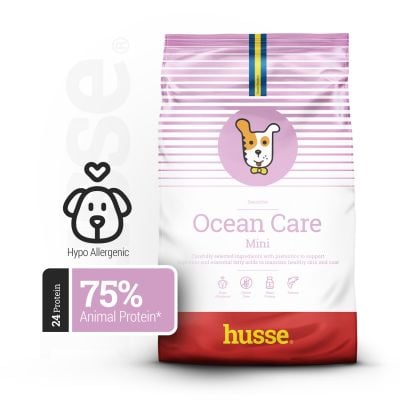
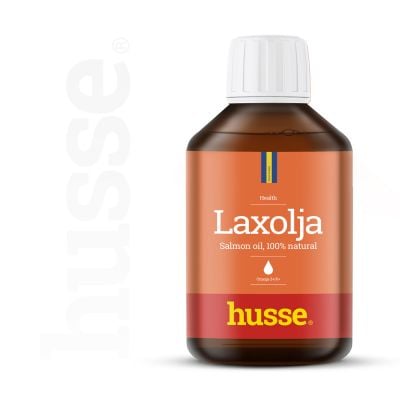
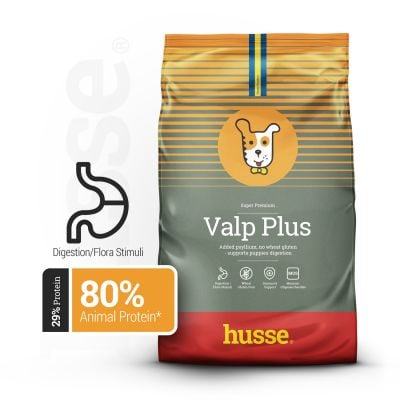
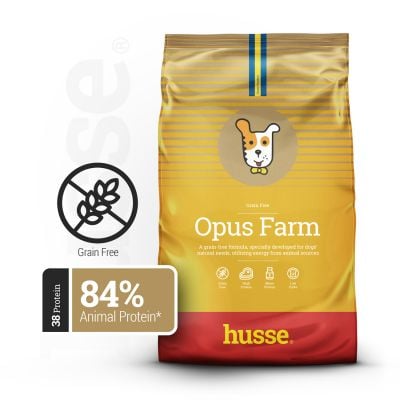
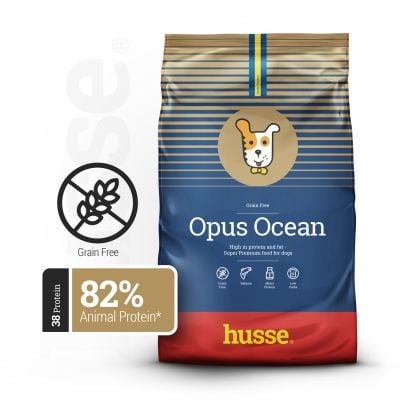
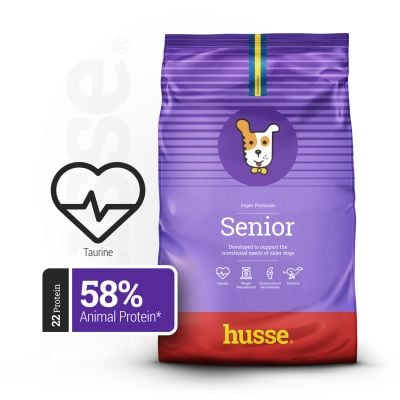

.png)
